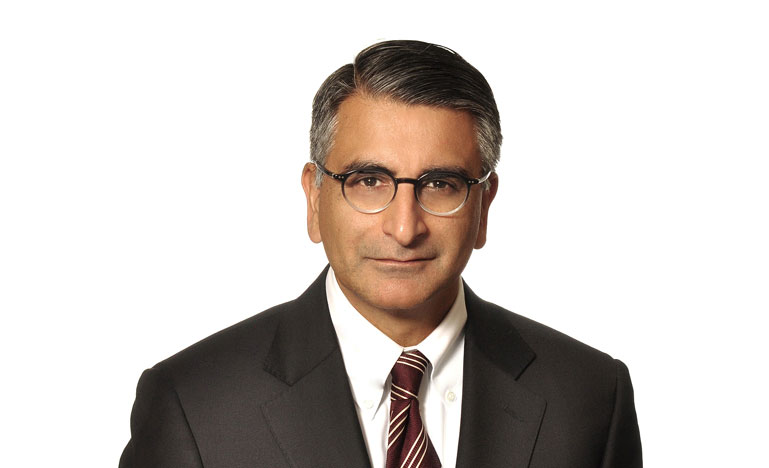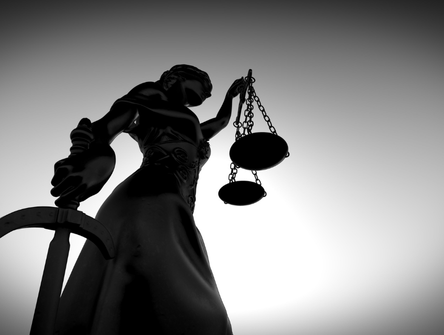Trudeau names Justice Mahmud Jamal to Supreme Court
The nomination marks a new chapter in efforts to make the court more reflective of Canada's population.

Prime Minister Justin Trudeau has nominated Mahmud Jamal to the Supreme Court of Canada. He will fill the vacancy of Justice Rosalie Abella, who retires on July 1st.
In a statement Canadian Bar Association President Brad Regehr said: "The CBA is always ready to work with whoever is appointed to the Supreme Court, but we are particularly pleased with this nomination. Mahmud Jamal is an intelligent, thoughtful and charming person who will be a credit to the court."
Born in Kenya in 1967 as an Ismaili Muslim and raised in England, Justice Jamal is the first person of colour nominated to the nation's highest court. In his questionnaire for the judicial appointment process, he writes that he was "raised at school as a Christian." His family settled in Canada in 1981, and after he married (his wife was a refugee from Iran) he "became a Bahá’í, attracted by the faith’s message of the spiritual unity of humankind, and we raised our two children in Toronto’s multi-ethnic Bahá’í community."
"These experiences exposed me to some of the challenges and aspirations of immigrants, religious minorities, and racialized persons.," Justice Jamal continues. "My perspectives on these issues have broadened and deepened over more than 25 years as a lawyer and judge. I practised litigation in a large national law firm where, for most of my career, I was the only racialized partner in its national litigation department."
An experienced appellate litigator at Osler's before his appointment to the Ontario Court of Appeal in 2019, Jamal appeared before the Supreme Court in 35 appeals in civil, constitutional, criminal, and regulatory matters.
Throughout much of his career, he was an active member of the Canadian Bar Association, offering his expertise and analysis of issues such as solicitor-client privilege on a pro-bono basis.
He has also served as a director of the Canadian Civil Liberties Association, The Advocates' Society, and the Osgoode Society for Canadian Legal History. He was a member of the Supreme Court Advocacy Institute and taught constitutional law at McGill University and administrative law at Osgoode Hall Law School. He was also chair of Osler's pro bono program.
Noting that with this nomination, the Supreme Court "will be more reflective of the diverse population it serves," Regehr added, "we believe there is more work to be done, including the appointment of an Indigenous person to the highest court in the land."
The Chief Justice of Canada Richard Wagner also remarked during a news conference this morning – before and unrelated to the nomination announcement – that “it is essential in order to maintain the trust and confidence of the public in our Canadian institutions that our institutions reflect our diversity. This principle applies to the Supreme Court of Canada.”
Even so, Justice Jamal's nomination will upset the gender balance somewhat. Once he takes his seat on the court, only three women will remain, in all likelihood until Justice Michael Moldaver is forced to step down in 2022.


